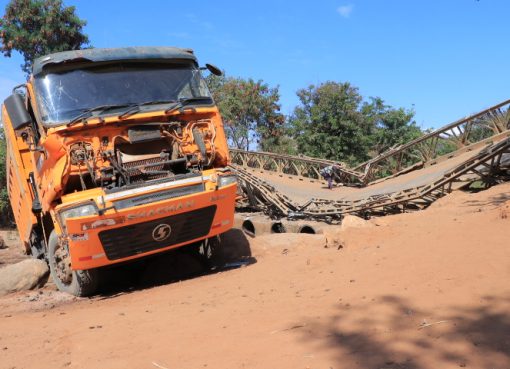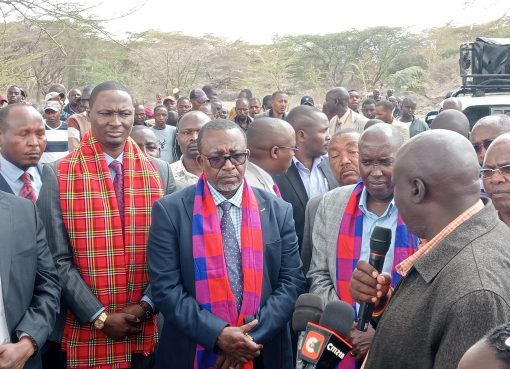Agriculture Cabinet Mithika Linturi, has urged farmers to embrace the innovative seed technologies proposed by the African Seed Trade Association (AFSTA) to enhance productivity, ultimately bolstering food and nutrition security.
Mr Linturi noted that the Ministry is working towards the realisation of the government’s Bottom Up Economic Agenda (BETA) goals and in particular the agenda on food and nutrition security.
“We encourage our farms to plant new, clean, and certified seeds, studies have shown that in cases where certified seeds are adopted and planted, yield increases by one and half times. This leads to poverty reduction, improved livelihoods in many cases as a farmer is able to have enough produce to meet domestic consumption and surplus to sell,” he said.
Speaking at the AFSTA annual congress held at Pride Inn Paradise Resort, Mombasa, the CS acknowledged the hard work the association has put in place to drive harmonized seed regulations in Africa with various measures including, facilitating the safe movement of seed within Member States, in a transparent manner and without dissemination of any pest of quarantine importance.
Stimulating the breeding and availability of improved seed varieties resulting in increased variety choices for all farmers and encouraging investment in seed business in Member states were also noted to be effective measures.
The CS said that seed certification, variety testing and release regulations have tended to restrict seed trade within African Countries.
The 3-day conference attended by more than 60 nationalities aims at increasing food security by advising farmers to buy from established agro-vet seed companies instead of “fake seeds” to avoid disappointments.
However, he noted that coordination of the regional trade blocks seed regulations was completed through a consultative process with stakeholders in the seed industry in Kenya.
“The process is ongoing and it is important that all stakeholders in the seed industry are conversant with the harmonized seed regulations to enhance seed trade with the COMESA, EAC and regional trade blocks,” Linturi said.
He urged seed companies to take advantage of the synchronized seed regulations to widen and promote a competitive and sustainable market for crop seed within their regions.
“Challenges of cross border trade by seed companies have been an ongoing concern for a long time. This inhibits both creation of employment opportunities and also trade within the region,” he noted.
He added that there have been numerous efforts to address this, including having a one-stop border post infrastructure but a lot needs to be done to build the capacity of the border personnel through training.
“To mitigate the challenge of climate change we encourage farmers to use drought tolerant crops, other early maturing crops and construction of water dams. My Ministry also proposes that farmers should undertake to diversify into other crops that will combat the realities of climate change such as drought, pests, floods, and heat,” Linturi said.
The Chairman of the Seed Trade Association, Seed Co, Wellington Wasike said, “Any fake seed dealers is our number one enemy and hence we encourage the government to continue the fight against the menace.”
Wellington added that Seed Co is working with the government in a bid to lower seed costs through the fertilizer subsidy that was implemented by the President for the past one and a half years now.
On the issue of climate change, the chairman noted that seed stakeholders in Kenya are working in employing new technology that will bring about the production of climate-smart varieties of seeds that will work with or without enough rain.
On the other hand, Managing Director, Kenya Seed Company, Samuel Chepsiror said, “The meeting aims at reaching a better understanding between the challenges in the seed sector as well as the importance of good farming in the country.”
The next congress is to be held in Kigali, Rwanda, from the 3rd-6th March, 2025.
By Fatma Said





